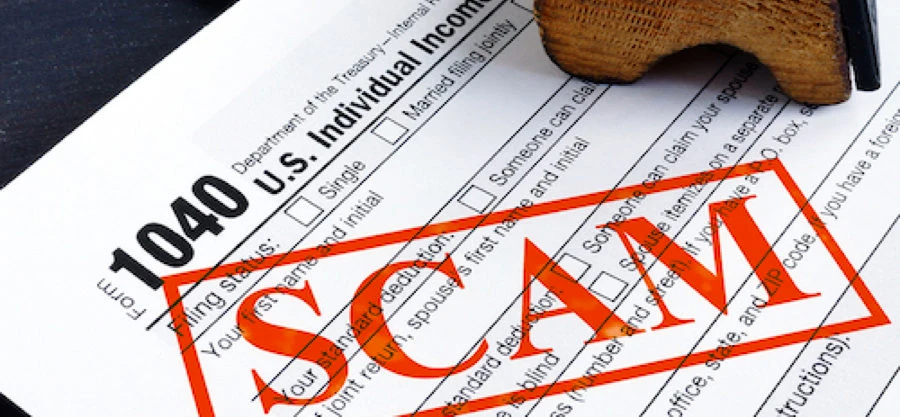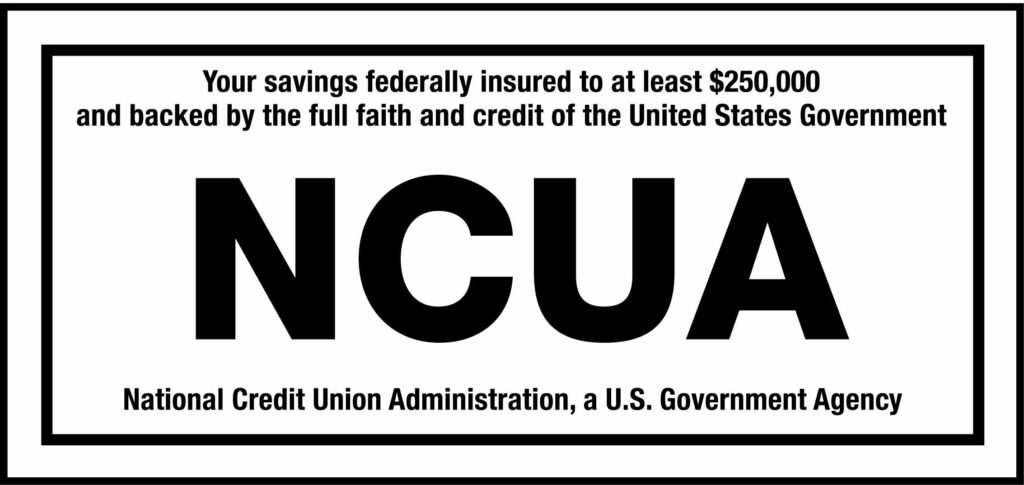Beware Tax Filing Scams
Beware Tax Filing Scams
It’s tax time! Unfortunately, that means there are thousands of scammers looking to steal your information and your tax refund by posing as authentic tax preparers. Here’s all you need to know about these scams and how to keep safe.

How the scam plays out
In a tax filing scam, a victim will hire an alleged tax preparer to do their taxes. The scammer then uses the victim’s information to file a tax return in the victim’s name. They’ll change some important details on the tax form, such as a checking account number or mailing address, and then collect the victim’s refund. By the time the victim realizes what’s happened, they’ve lost the money owed to them by the IRS and are now vulnerable to deeper identity theft.
Protect yourself
The best way to stay safe from a tax filing scam is to do your research carefully before hiring a tax preparer.
First, avoid pop-up ads when choosing a tax preparer, especially those that are riddled with typos. Research any preparers you consider hiring by asking for references of previous clients and by looking for a physical address on their website. Be suspicious, as well, if they promise a large return without knowing anything about your finances.
Second, before hiring an individual or an agency to do your taxes, ask to see their Preparer Tax Identification Number (PTIN). If the “preparer” refuses to share their PTIN, you’re being scammed.
Finally, if you’ve already hired a preparer but you’re suspicious about their authenticity, look for these red flags:
- The preparer inflates numbers that affect your tax liability.
- The preparer claims ineligible individuals as your dependents.
- The preparer asks you to sign a blank form and promises to fill out the remainder after you sign.
- The preparer refuses to sign your form.
If your tax preparer follows any of the above practices, terminate your relationship with them immediately.
If you’ve been targeted by a tax filing scam, report it to the authorities as quickly as possible. Let the FTC know about the scam and alert the IRS. If you’ve shared personal information with the scammer, you are now vulnerable to identity theft. Check out the federal government’s page on identity theft recovery to learn what steps to take next.
Stay safe!
IRS ISSUES ANNUAL LIST OF TAX SCAMS
The IRS recently issued its annual list of tax scams. The list highlights various scams that taxpayers may encounter, many of which occur during tax filing season. Here are some of the scams that are highlighted on the list.
PHISHING
Phishing scams usually involve unsolicited emails or fake websites that pose as legitimate IRS sites to convince you to provide personal or financial information. Once scam artists obtain this information, they use it to commit identity or financial theft. The IRS will never initiate contact with you by email to request personal or financial information. This includes any type of electronic communication, such as text messages and social media.
PHONE SCAMS
Phone scams typically involve a phone call from someone claiming you owe money to the IRS or that you’re entitled to a large refund. The calls may show up as coming from the IRS on your Caller ID, be accompanied by fake emails that appear to be from the IRS, or involve follow-up calls from individuals saying they are from law enforcement. Sometimes these callers may even threaten you with arrest, license revocation, or deportation.
IDENTITY THEFT
Tax-related identity theft occurs when someone uses your Social Security number to claim a fraudulent tax refund. You may not even realize you’ve been the victim of identity theft until you file your tax return and discover that a return has already been filed using your Social Security number. Or the IRS may send you a letter indicating it has identified a suspicious return using your Social Security number.
RETURN PREPARER FRAUD
Sometimes scam artists pose as legitimate tax preparers and try to take advantage of unsuspecting taxpayers by committing refund fraud or identity theft. It’s important to choose a tax preparer carefully since you are legally responsible for what’s on your return, even if it’s prepared by someone else.
INFLATED REFUND CLAIMS
Taxpayers should be wary of anyone promising an unreasonably large or inflated refund. These scam artists may ask you to sign a blank return and promise a big refund without looking at your tax records or charging fees based on a percentage of the refund.
FAKE CHARITIES
Groups sometimes pose as charitable organizations in order to solicit donations from unsuspecting donors. Be wary of charities with names that are similar to more familiar or nationally-known organizations. Before donating to a charity, make sure that it is legitimate. The IRS website has tools to assist you in checking out the status of a charitable organization.
Banking With A Purpose
Much more than a catchphrase, our tagline is our passion, our reason why we do what we do. This is the impact of your membership with AGCU. Learn More About Banking with a Purpose




